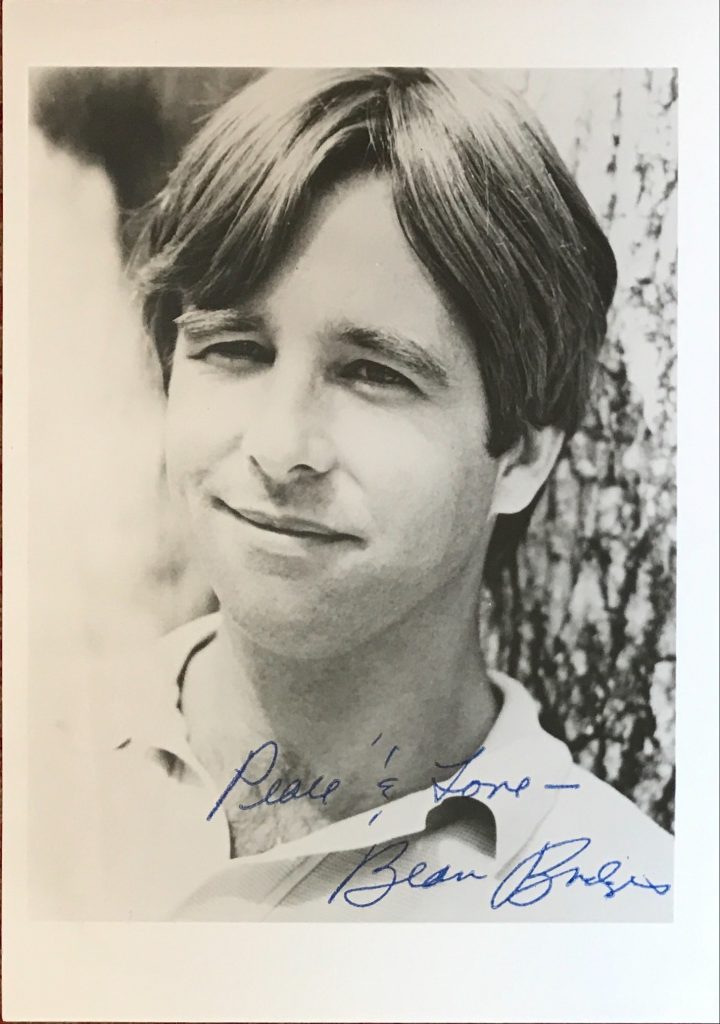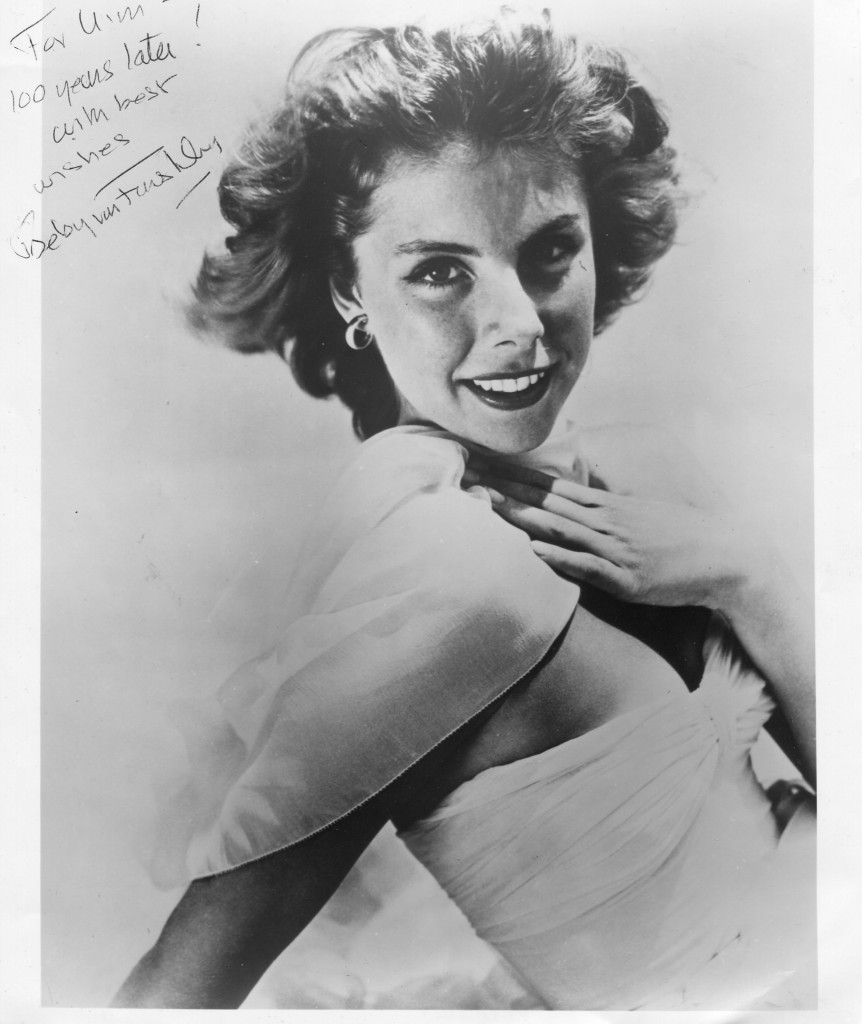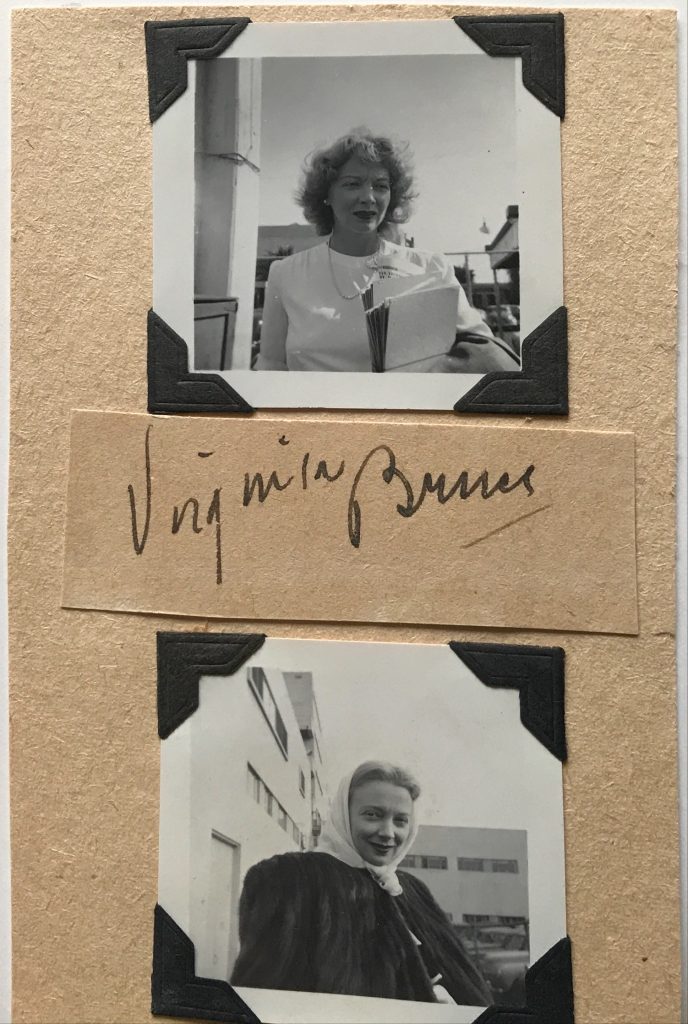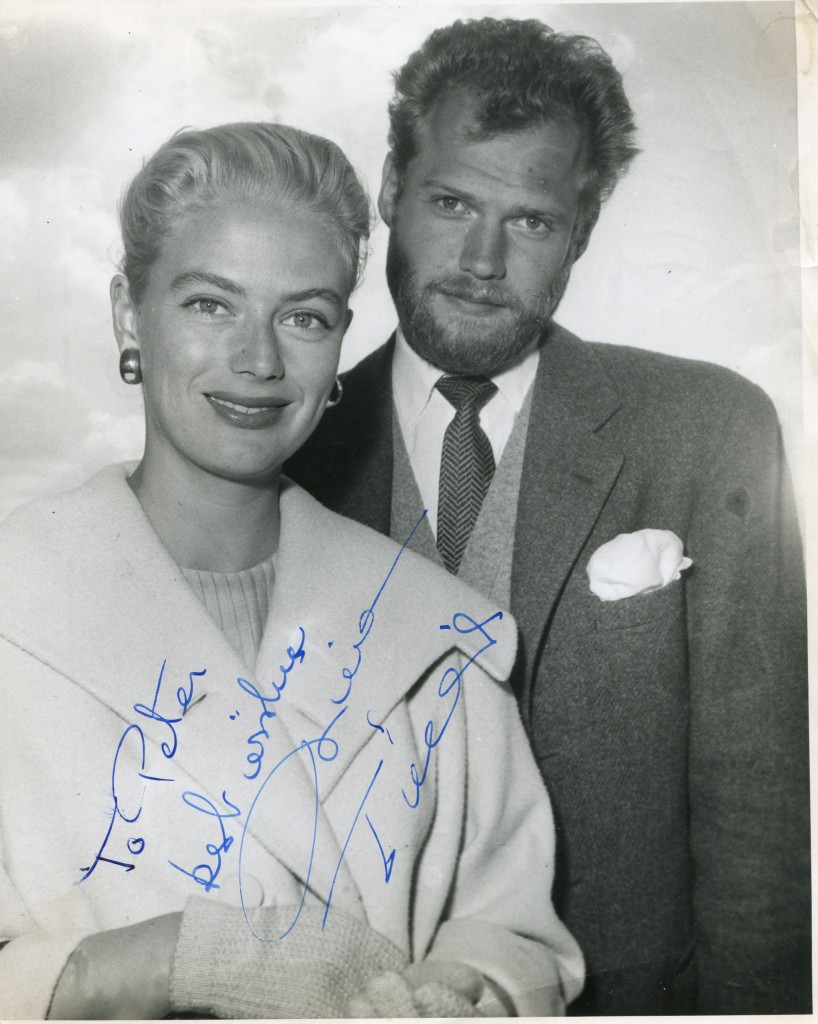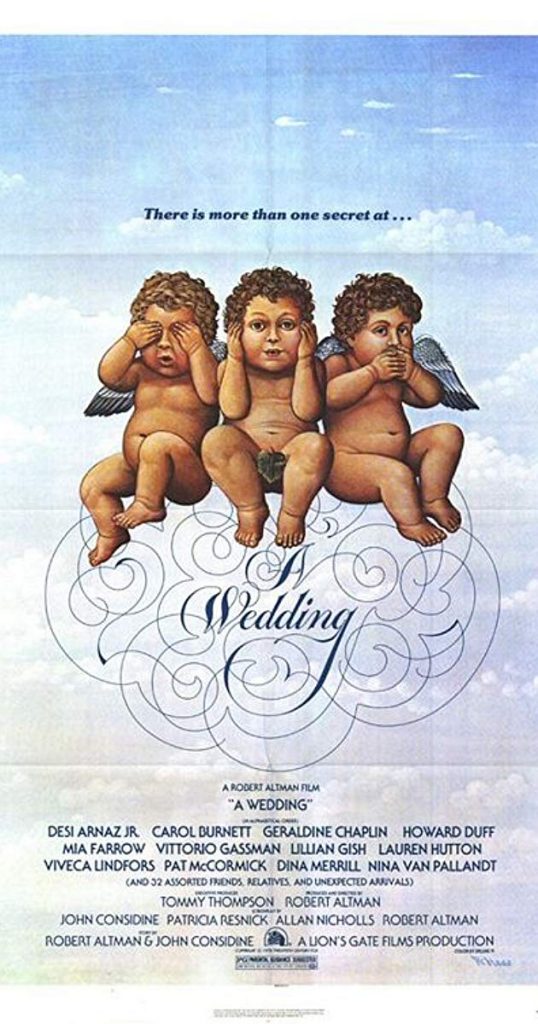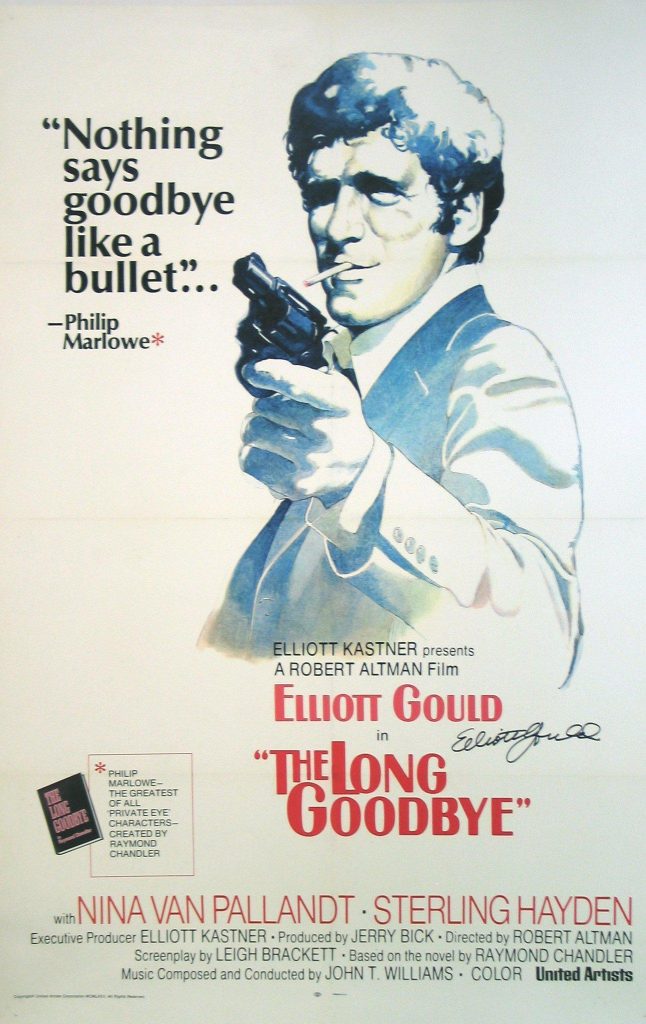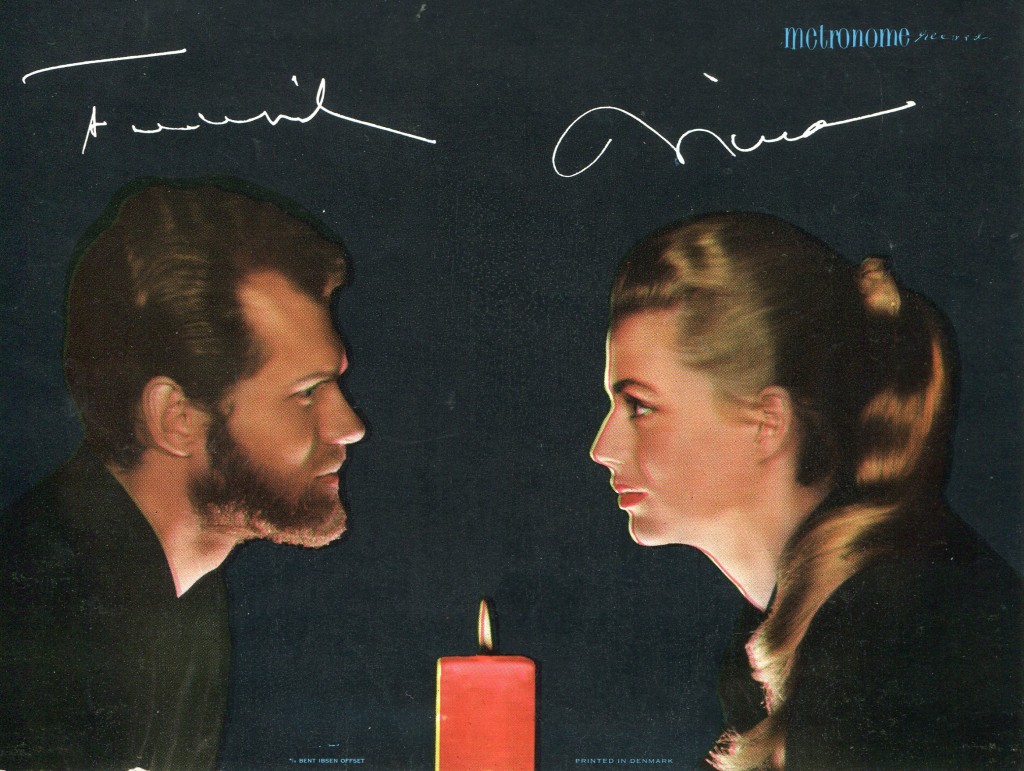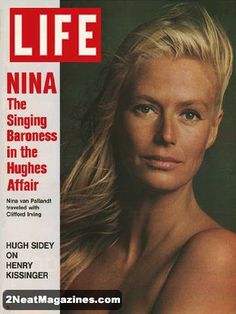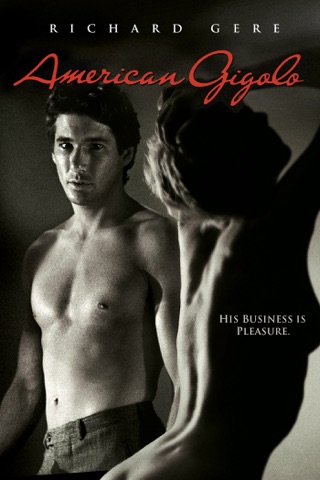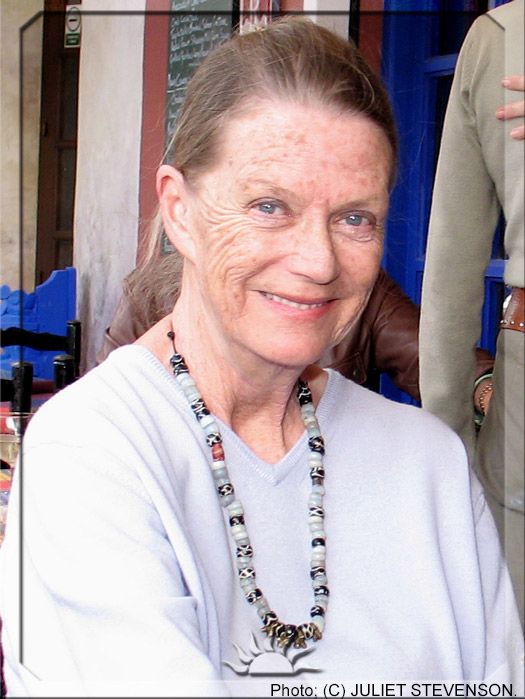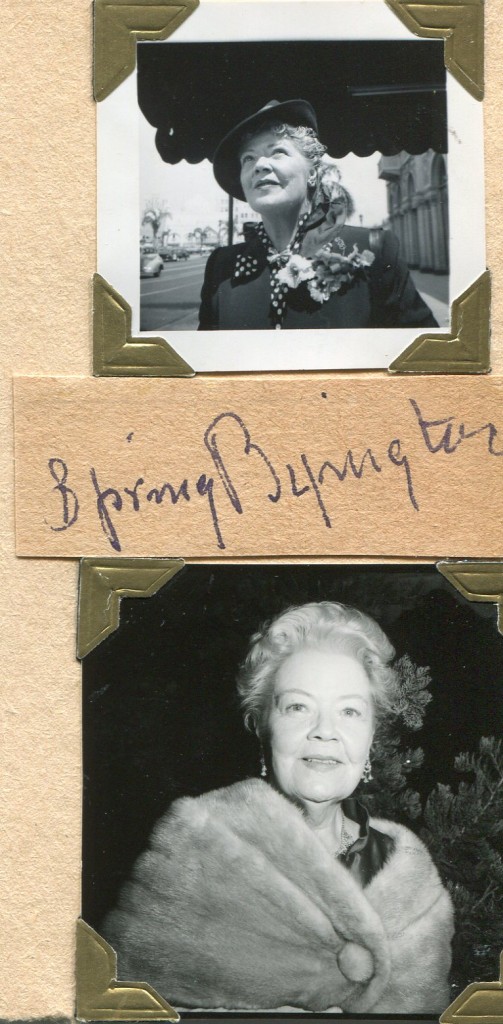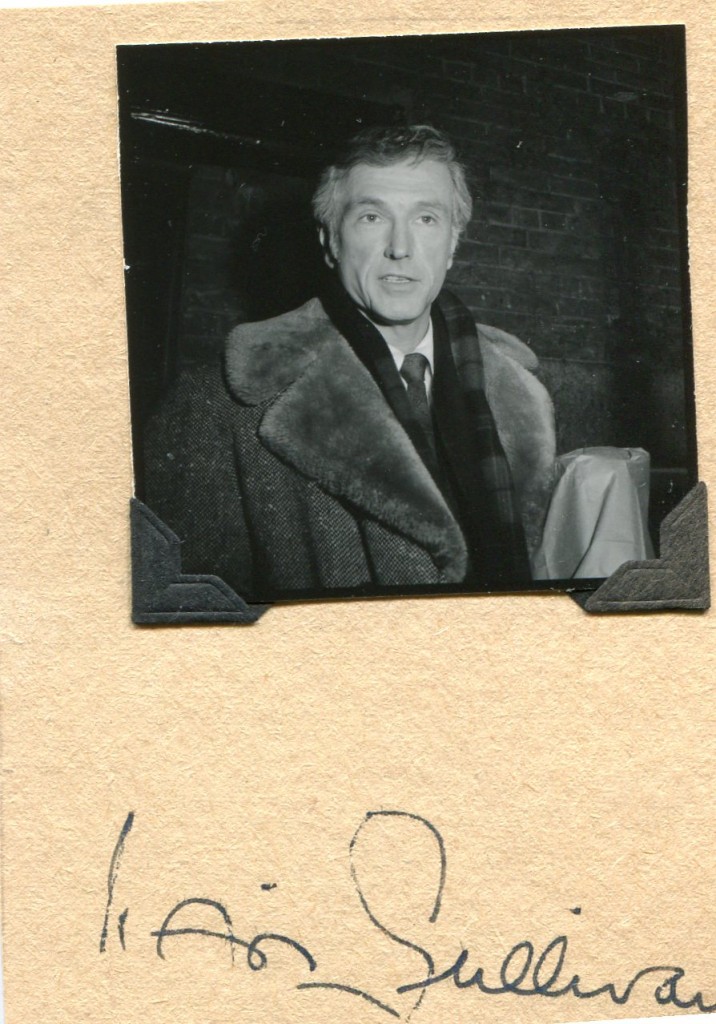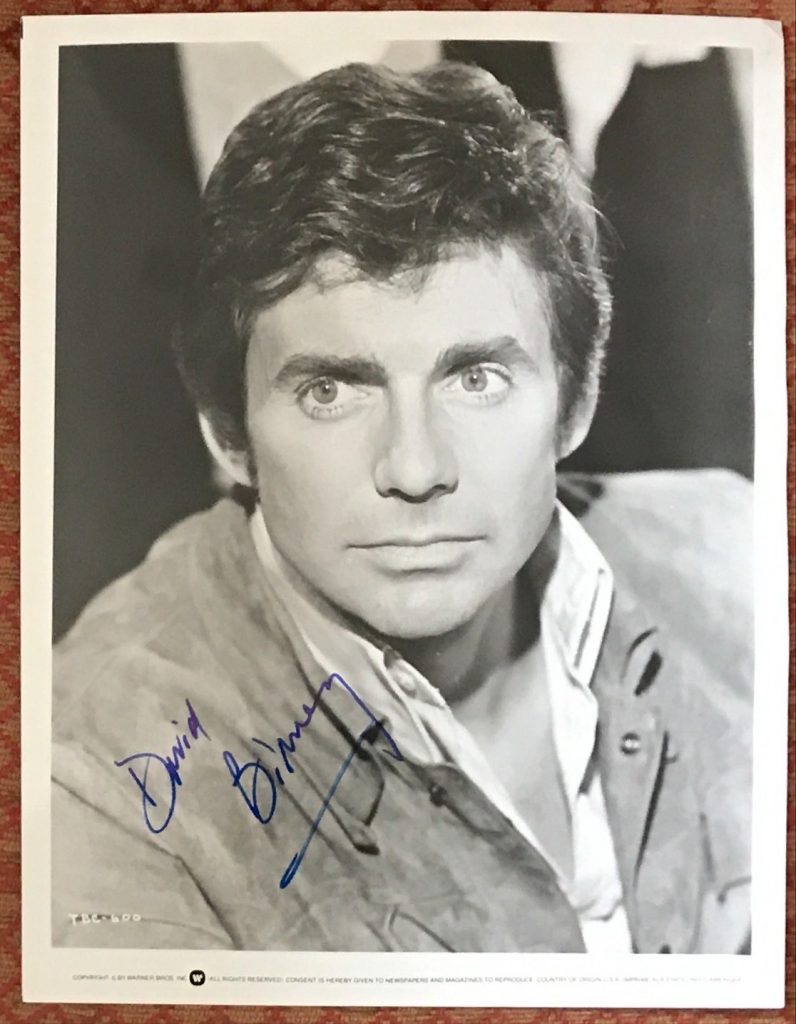
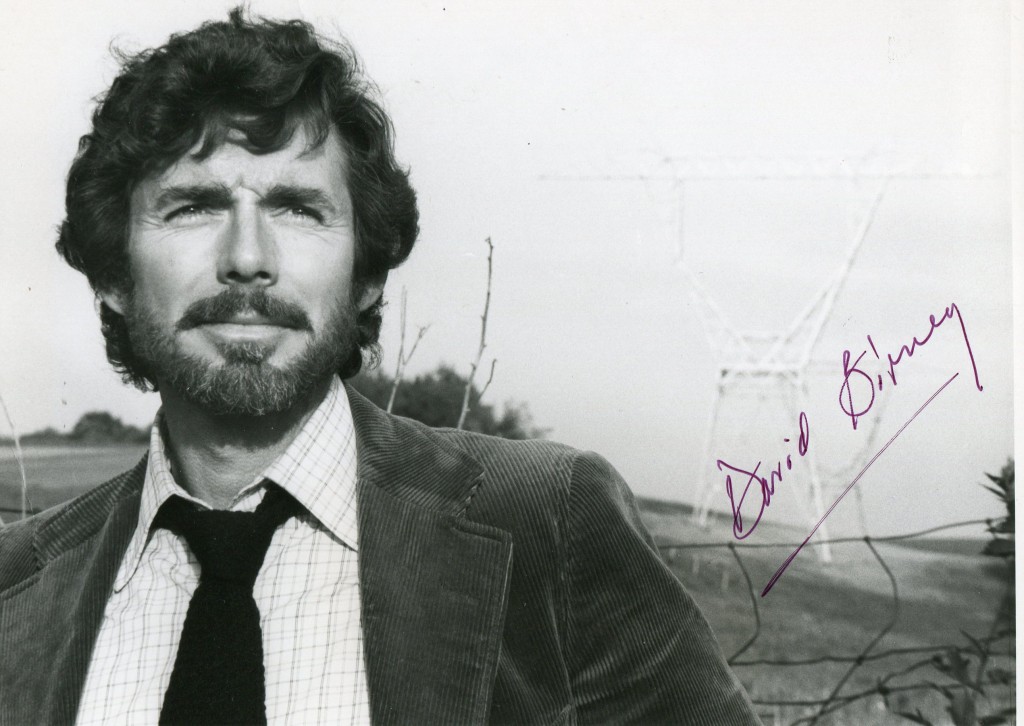
David Birney was born in 1939 in Washington D.C. He has had a profilic career on stage and television. His TV shows include “Bridget Loves Bernie” and “St Elsewhere”. His films include “Caravan to Vaccares” with Charlotte Rampling and “Trial by Combat”.
TCM Overview:
Since his primetime debut in the early 1970s, this handsome, dark-haired TV actor has seemed to be on the brink of superstardom, but has had the ill fortune of never appearing on a hit series. David Birney was the toast of the Dartmouth College drama program and worked extensively in theater before such TV series as “Bridget Loves Bernie” (CBS, 1972-73), “Serpico” (NBC, 1976-77) and “Glitter” (ABC, 1984) gave him a different profile.
After military service, Birney joined the Barter Theatre Company in Abingdon, VA, where he made both his professional acting (in Noel Coward’s “Hay Fever”) and directing ( with Edward Albee’s “The Zoo Story”) debuts. He went on to appear with various regional theaters, including the Hartford Stage Company, before making his New York debut with Joseph Papp’s New York Shakespeare Festival in “A Comedy of Errors” in 1967. Birney appeared alongside Stacy Keach and Rue McClanahan in “MacBird” (1967) won praise for his turn in the off-Broadway show “Summertime” the following year. Numerous other stage roles followed, although his theater work became sporadic after 1975 when TV roles became more plentiful. Birney did make a belated Broadway debut in 1983 stepping into the role of Salieri in Peter Shaffer’s award-winning play “Amadeus”.
The actor made his TV series bow as the young lover Mark Elliot on the CBS soap opera “Love Is a Many Splendored Thing” in 1968. Two years later, he segued to the ABC daytime drama “A World Apart”. But audiences came to recognize Birney for his primetime work beginning as Bernie Steinberg, the Jewish cab driver with writing aspirations married to an Irish-American Roman Catholic bride. “Bridget Loves Bernie” attempted to recreate the “Abby’s Irish Bride” and “Cohens and Kellys” successes of the early part of the 20th Century, but the show lasted a mere season. (Birney married his co-star, Meredith Baxter, whose fame was to eclipse his when she starred in “Family Ties” in the 80s. They divorced in 1989.)
Birney was an impressive John Quincy Adams in the 1976 PBS miniseries “The Adams Chronicles”. Later that year, he stepped into Al Pacino’s shoes as “Serpico”, but the small screen version only lasted one season. In 1982, Birney was in the original cast of the NBC medical series “St. Elsewhere” as Dr. Ben Samuels, the young doctor who had slept with every woman in the hospital. Conflicts with the producers on the direction and status of his role led to his leaving the series after a year. He hooked up with producer Aaron Spelling with the short-lived “Glitter”, as a star reporter for a magazine. A decade later, Birney was the smarmy news anchor on the equally short-lived UPN series “Live Shot” (1995).
As a frequent player in TV-movies and miniseries, Birney had better luck demonstrating his range and talent. He made his TV debut playing Brother Martin, hearing the confession of “Saint Joan” in a 1967 NBC “Hallmark Hall of Fame” production. He offered a strong performance as one of the leads in the syndicated miniseries “Testimony of Two Men”. His longform star status increased when he played Lyon Burke, the lawyer whose becomes involved romantically with one young woman and professionally with two others, in “Jacqueline Susann’s Valley of the Dolls 1981”. Birney served as executive producer of “The Long Journey Home” (CBS, 1987) and wrote “The Diaries of Adam and Eve”, a stage project about relationships he performed with then-wife Meredith Baxter-Birney that was filmed for PBS in 1989. More recently, Birney was Alan Hamel, the husband of Suzanne Somers in the 1991 ABC biopic “Keeping Secrets” and the adoptive father of a confused Stephen Dorff in “Always Remember I Love You” (CBS, 1990).
Birney’s feature film appearances have been sporadic. He debuted in the low-budget “Caravan to Vaccares” (1974) but is probably better recalled as the advertising executive whose daughter sees the Almighty in “Oh God! Book II” (1980).
The above TCM overview can also be accessed online here.
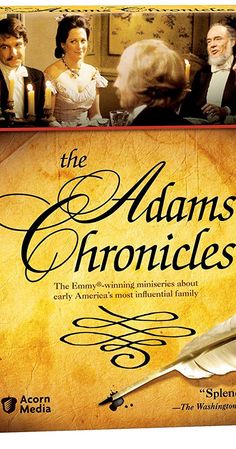
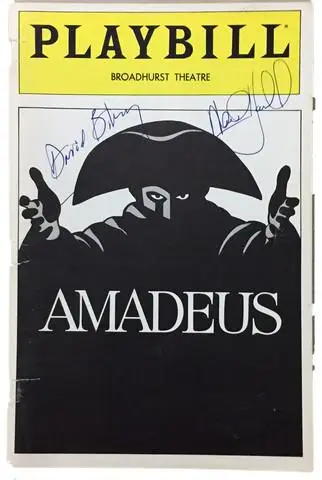
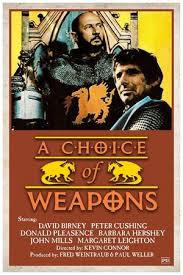
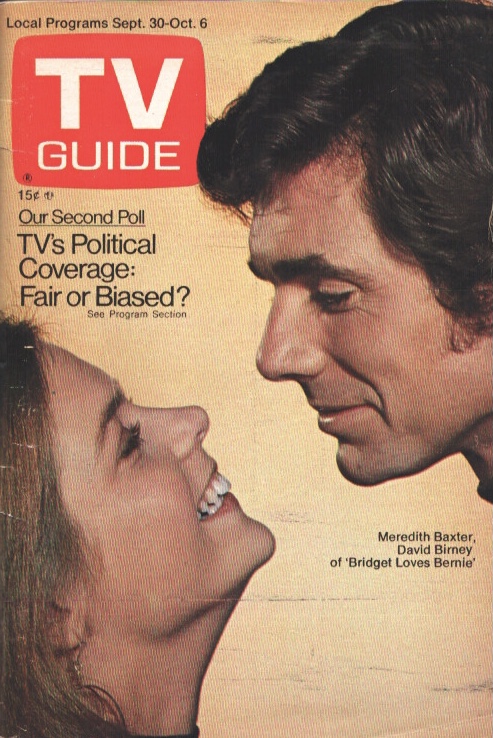
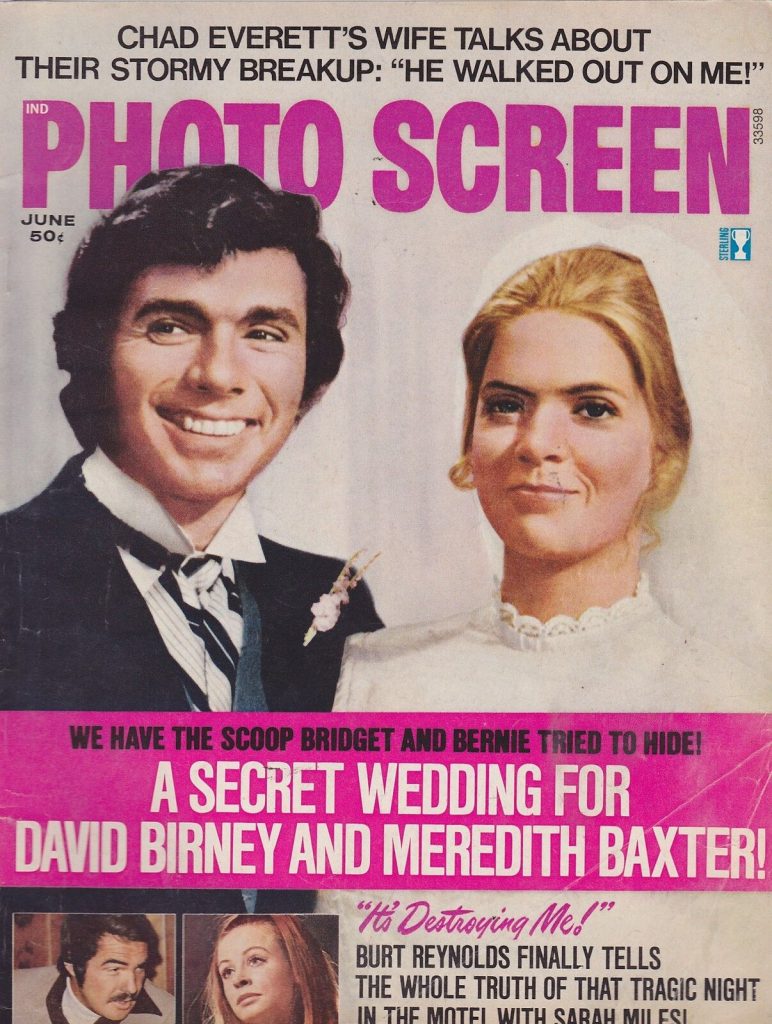
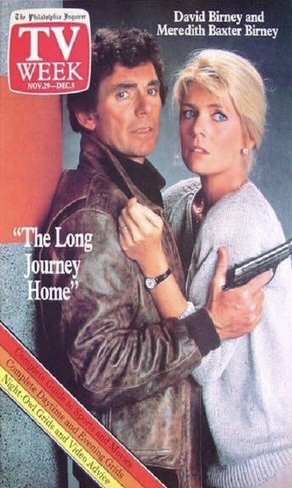
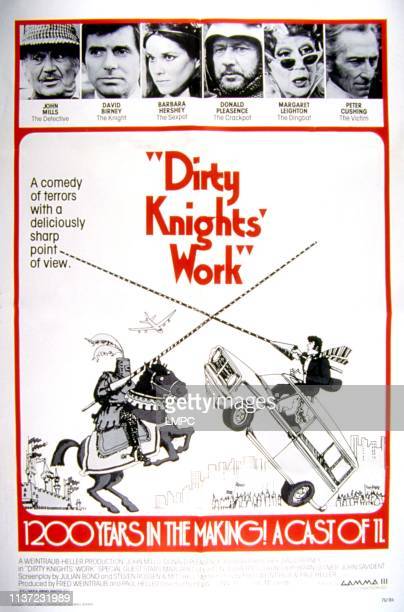
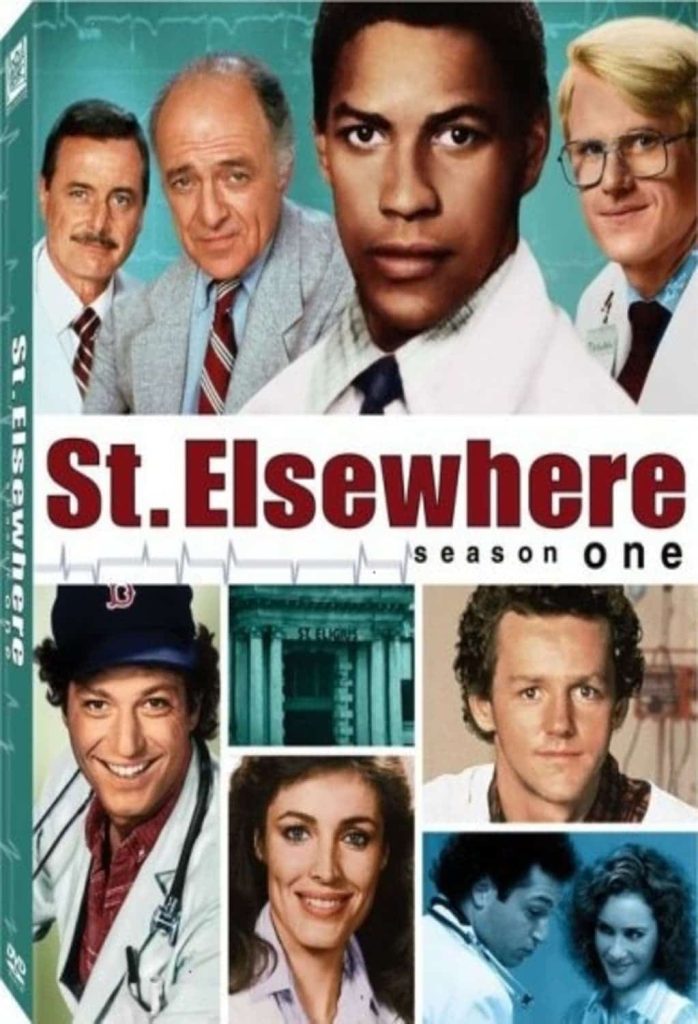
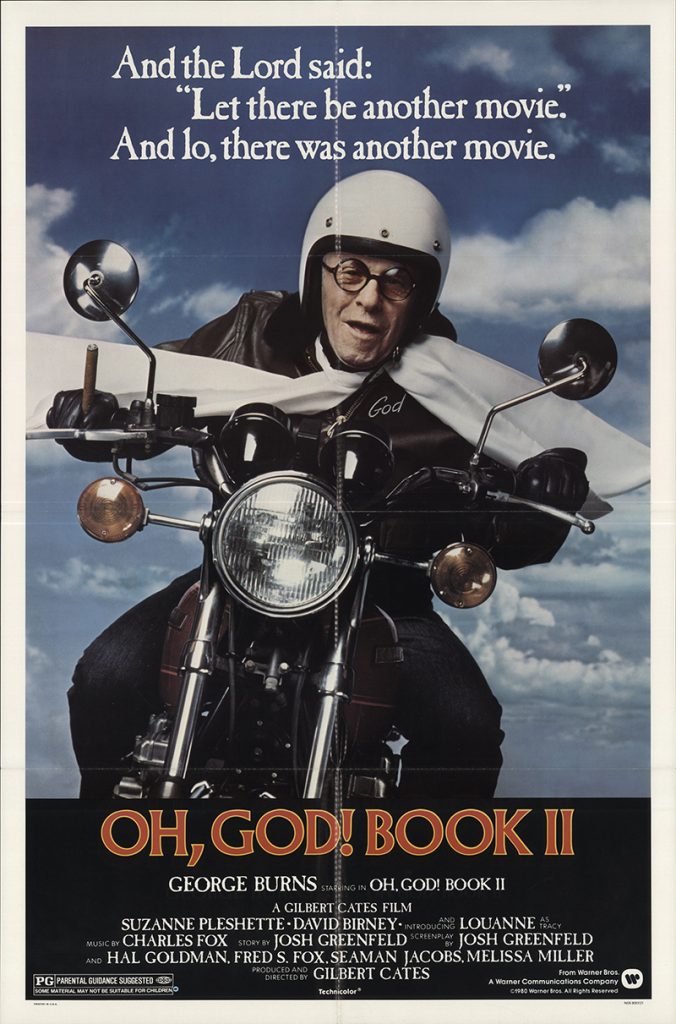
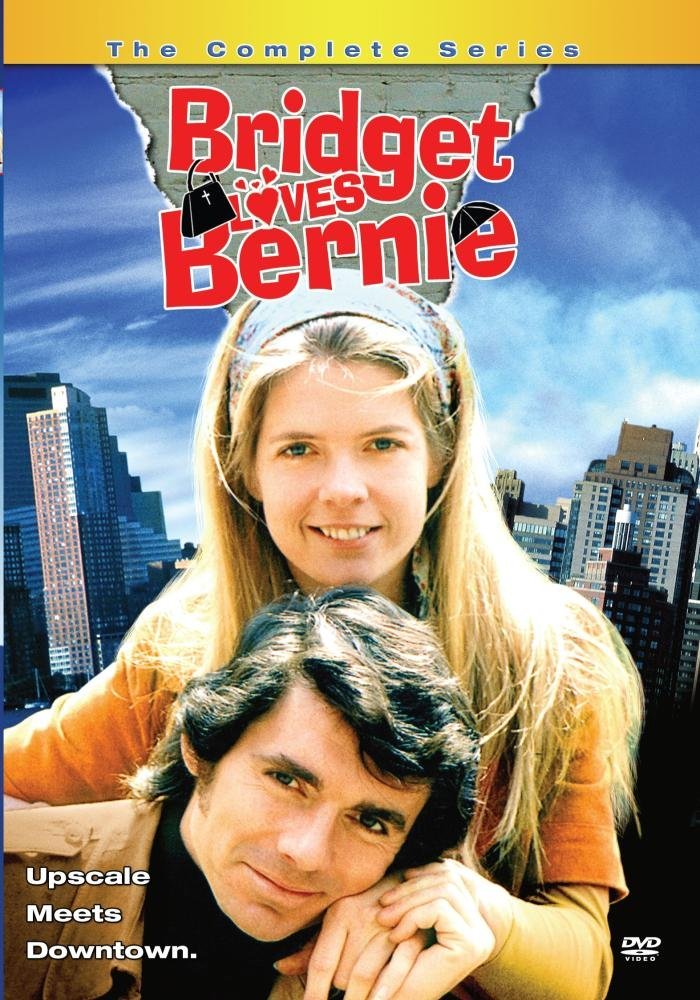
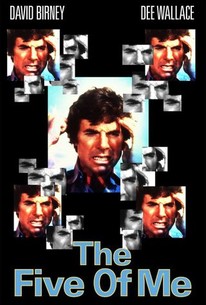
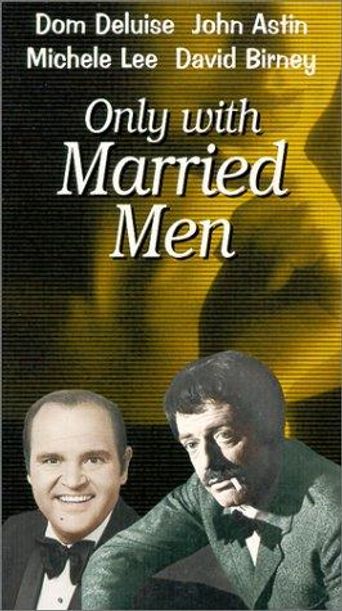
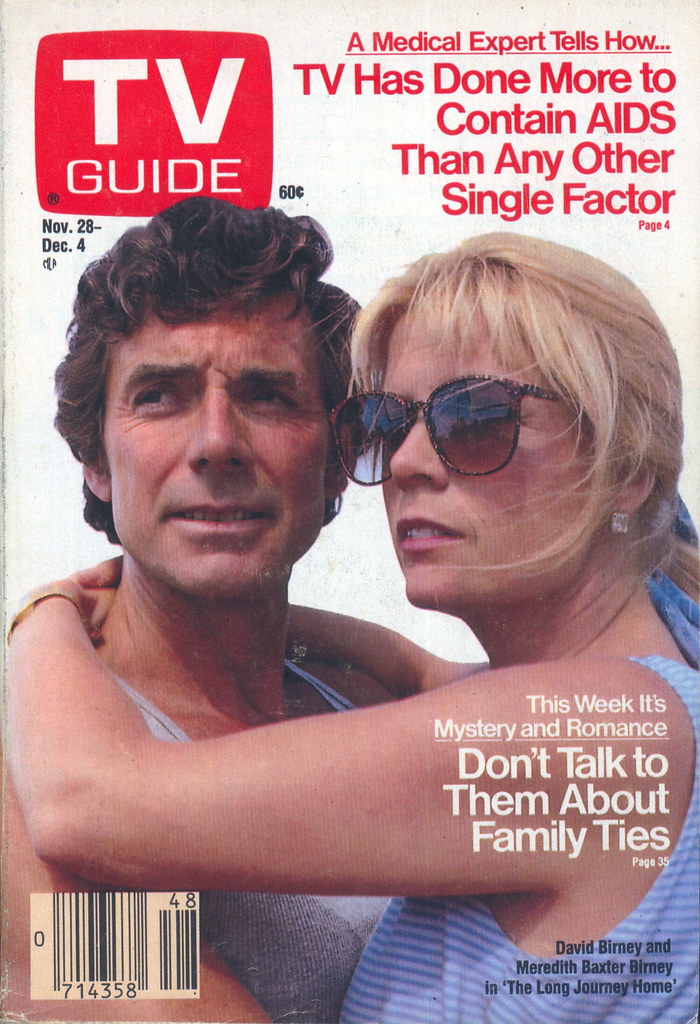
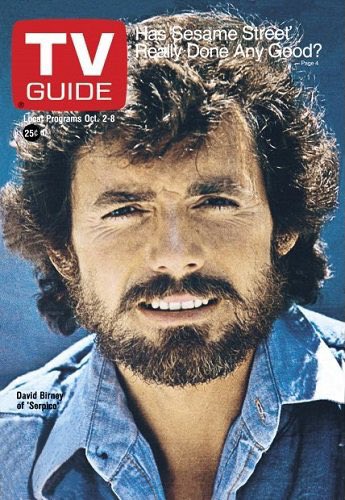
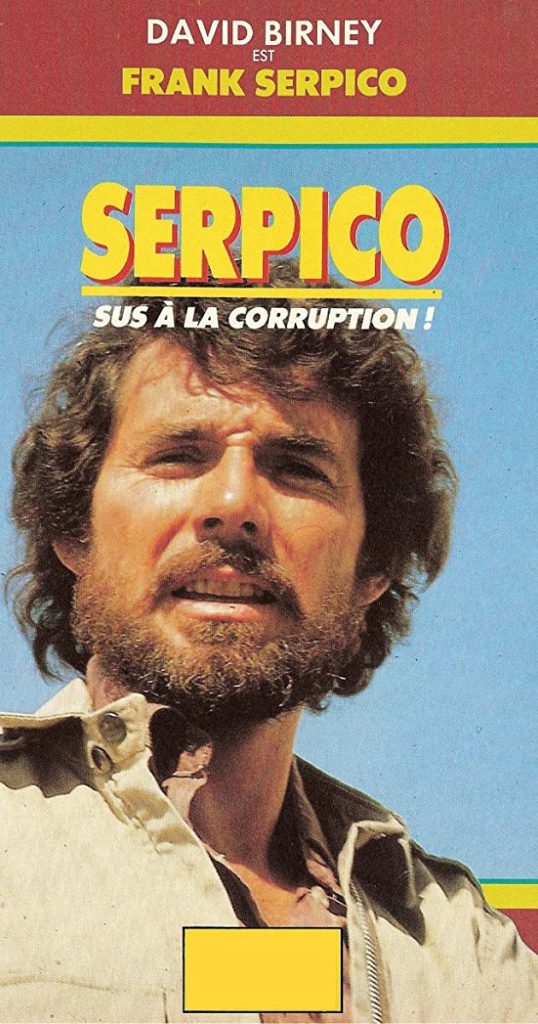

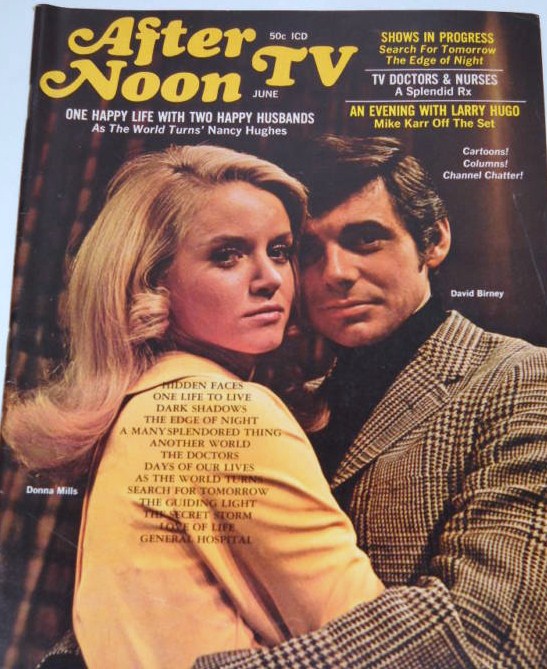
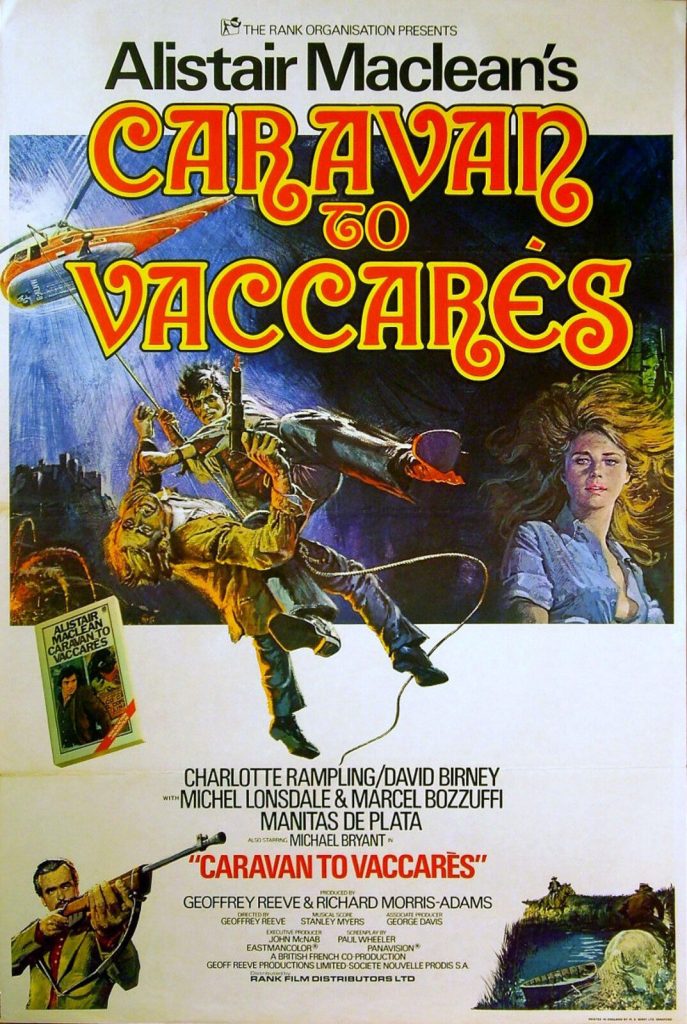
New York Times obituary:
David Birney, Who Starred on TV’s ‘Bridget Loves Bernie,’ Dies at 83

Published May 2, 2022Updated May 4, 2022
David Birney, a classically trained theater actor who found success on the stage, including on Broadway, but who was best known for his role in “Bridget Loves Bernie” — a short-lived sitcom about an interfaith marriage in which he starred opposite his future wife, Meredith Baxter — died on Wednesday at his home in Santa Monica, Calif. He was 83.
The cause was Alzheimer’s disease, said Michele Roberge, his life partner.
Mr. Birney had been in a handful of television series and movies when he was cast in 1972 as Bernie Steinberg, a Jewish taxicab driver and struggling writer. Ms. Baxter played Bridget Fitzgerald, a schoolteacher from a wealthy Roman Catholic family.
“This is not a message show,” Mr. Birney, who was Irish American, said during an interview with The Kansas City Star before the series’s debut. “It’s not even an idea show.”
CBS gave it a plum time slot between “All in the Family” and “The Mary Tyler Moore Show” on Saturday night; it consistently finished among the top 10 programs in prime time and was the highest rated new series of the 1972-73 season.
But it attracted criticism from a broad spectrum of Jewish groups, which objected chiefly to its treatment of intermarriage between Jews and Christians as a positive outcome and complained that it used Jewish stereotypes. CBS publicly played down the criticism but, without an explanation, canceled “Bridget Loves Bernie” after 24 episodes.
“One segment of the protesters is truly concerned about the dilution of their faith,” Mr. Birney told The Daily News several months after the cancellation. “But intermarriage is on the rise, nevertheless. The threat doesn’t come from a harmless show such as ours, but from within.”
Mr. Birney and Ms. Baxter married in 1974.
In 1976, Mr. Birney received acclaim for playing John Quincy Adams in the public television production of “The Adams Chronicles.” Later that year, he was hired to play Frank Serpico, the corruption-fighting New York City detective, in an NBC series adapted from the Sidney Lumet movie “Serpico” (1973), which had earned Al Pacino an Oscar nomination for best actor.
Mr. Birney was cast in the role on the strength of his work playing an officer in two episodes of “Police Story,” another NBC series. But “Serpico” was canceled after less than a full season.
David Edwin Birney was born on April 23, 1939, in Washington, D.C., and grew up in Cleveland. His father, Edwin, was an F.B.I. agent, and his mother, Jeanne (McGee) Birney, was a homemaker and later a real estate agent.
After earning a bachelor’s degree in English from Dartmouth College in 1961, Mr. Birney turned down a scholarship from Stanford Law School and instead chose to study theater arts at the University of California, Los Angeles. He received a master’s degree a year later. In the Army, he was part of a program called the Showmobile, which entertained at military bases in the United States.
Mr. Birney’s theater career began in earnest in 1965, when he won the Barter Theater Award, enabling him to spend a season acting in shows at the prestigious Barter Theater in Abingdon, Va. He moved on to the Hartford Stage Company in Connecticut, and in 1967 he played Antipholus of Syracuse in a New York Shakespeare Festival production of “A Comedy of Errors.”
Mr. Birney made his Broadway debut two years later in Molière’s “The Miser.” And in 1971 he starred in a Broadway production of J.M. Synge’s “The Playboy of the Western World” at the Vivian Beaumont Theater at Lincoln Center. Mr. Birney played Christy Mahon, who enters an Irish pub in the early 1900s telling a story about killing his father.
“Mr. Birney had a cock sparrow arrogance,” Clive Barnes wrote in his review in The New York Times, “that mixture of both confidence and certainty that seemed perfectly right.”
At the opening of “Playboy,” the Clancy Brothers, the popular Irish singing group that Mr. Birney had befriended at a Manhattan bar, sat in the front row.
“They had their Irish sweaters on,” Ms. Roberge said in a phone interview, “and their arms crossed as if to say, Come on, show us what you’ve got.”
Over the rest of his theatrical career, Mr. Birney played a wide variety of roles, including Antonio Salieri, as a replacement, in Peter Shaffer’s “Amadeus” on Broadway; Benedick in “Much Ado About Nothing” at the McCarter Theater in Princeton, N.J.; Hamlet at the PCPA Theaterfest in Santa Maria, Calif.; and James Tyrone Jr. in Eugene O’Neill’s “A Moon for the Misbegotten” at the Miniature Theater of Chester, Mass.
He also adapted some of Mark Twain’s short stories into a play, “The Diaries of Adam and Eve,” which he often performed and directed. In 1989, he starred in one of the productions, with Ms. Baxter, for American Playhouse on PBS.
The couple divorced that year. In 2011, she wrote in her book,“Untied: A Memoir of Family, Fame and Floundering,” that Mr. Birney had been abusive during their marriage. He denied her accusation, calling it an “appalling abuse of the truth.”
One of Mr. Birney’s biggest successes on television was a starring role as a doctor in the first season of the medical dramedy “St. Elsewhere.” But as the second season approached, he left the series because of his commitment on Broadway to “Amadeus.”
He continued to work in television through 2007, when he was a guest on the police procedural “Without a Trace.”
In addition to Ms. Roberge, Mr. Birney is survived by his children with Ms. Baxter, his daughters Kate and Mollie Birney and a son, Peter Baxter; a stepdaughter, Eva Bush, and a stepson, Ted Bush, Ms. Baxter’s children from a previous marriage; two grandchildren; and his brothers, Glenn and Gregory. Another marriage, to Mary Concannon, also ended in divorce


